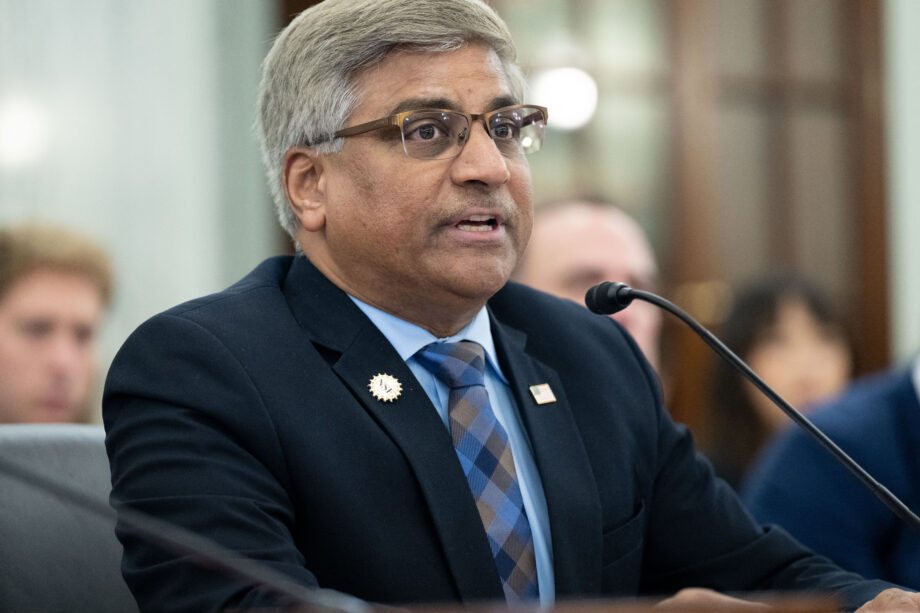- NSF funding cuts termed as a ‘national security issue’ by officials during House panel hearing
- NSF Director expresses concern that cuts will lead to lack of funding for crucial research areas, benefiting global competitors
- Chair emeritus of National Science Board describes the cuts as ‘devastating,’ impacting future scientific advancements
- President Biden’s proposed budget seeks to increase NSF funding, but still falls short of CHIPS Act targets
- NSF receives over 40,000 proposals annually but can only fund a quarter, leading to concerns about missed opportunities for valuable research
NSF Funding Cuts: A National Security Concern
In a recent House hearing, officials from the National Science Foundation (NSF) expressed deep concerns over the impact of funding cuts on the agency’s research priorities. NSF Director Sethuraman Panchanathan emphasized the critical nature of the situation, highlighting that reduced funding could lead to vital research ideas in quantum and artificial intelligence not being supported. This, in turn, could result in other global competitors funding these projects, posing a significant national security issue.
The Devastating Effects of Funding Reductions
Chair emeritus of the National Science Board, Dan Reed, described the funding cuts as “devastating,” pointing out that they could jeopardize the future of scientific advancements. He also noted that when considering inflation, the actual impact of these cuts could be even more substantial than initially perceived. The cuts in the fiscal year 2024 appropriations were particularly worrisome as they fell short of the authorized levels set by the CHIPS and Science Act, aimed at enhancing U.S. semiconductor production and supporting research in emerging technology areas.
Challenges in Research Funding Allocation
During the hearing, Panchanathan revealed that NSF receives over 40,000 research proposals annually but can only fund around a quarter of them on average. Moreover, he highlighted that a significant portion of the proposals meet NSF’s high standards for merit review, indicating that they are worthy of funding. The dilemma lies in the agency’s limited resources, leading to potentially groundbreaking research projects being left unfunded due to inadequate financial support.
Related Video

Future Outlook and Budgetary Concerns
President Joe Biden’s proposed budget seeks to increase NSF funding, aiming to raise it from $9.06 billion to $10.18 billion. While this increase is a step in the right direction, it still falls short of the targets set by the CHIPS Act. The urgency to address funding constraints at NSF was echoed by Rep. Mike Collins, who emphasized the evolving geopolitical dynamics and shifting research priorities that necessitate adequate financial support for scientific endeavors. Rep. Haley Stevens also stressed the importance of doubling NSF’s budget by 2027 as outlined in the CHIPS and Science Act to ensure the United States remains competitive in the global scientific landscape.
The NSF funding cuts present more than just financial challenges; they pose a significant threat to national security by hampering critical research initiatives. It is imperative for policymakers to prioritize science funding to support innovation, technological advancement, and ultimately, the country’s competitive edge on the world stage.
Links to additional Resources: